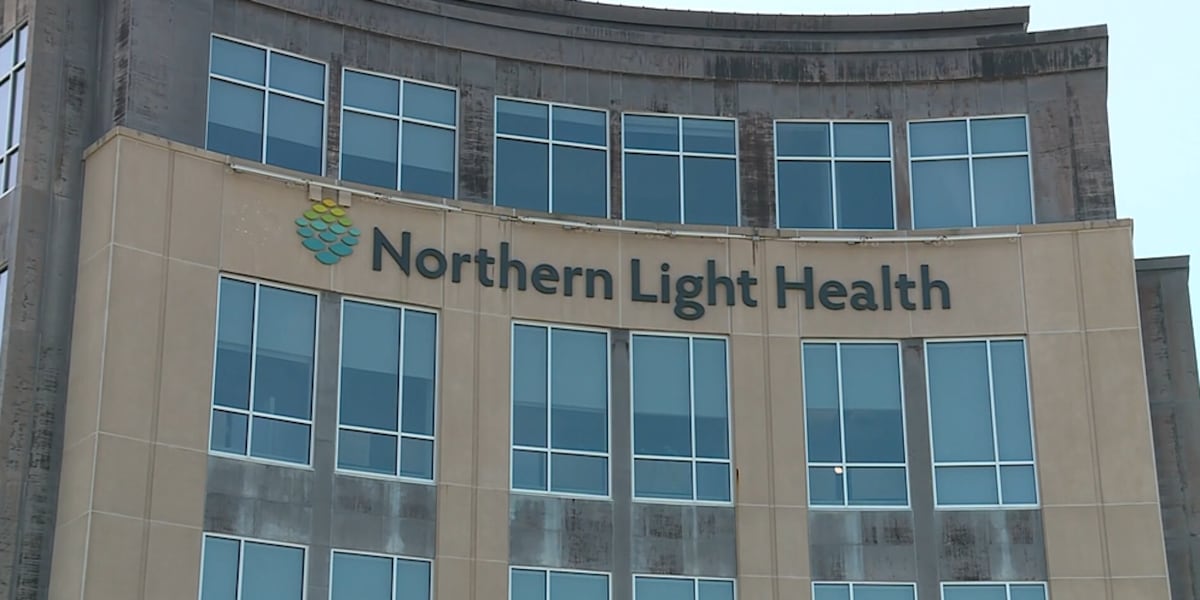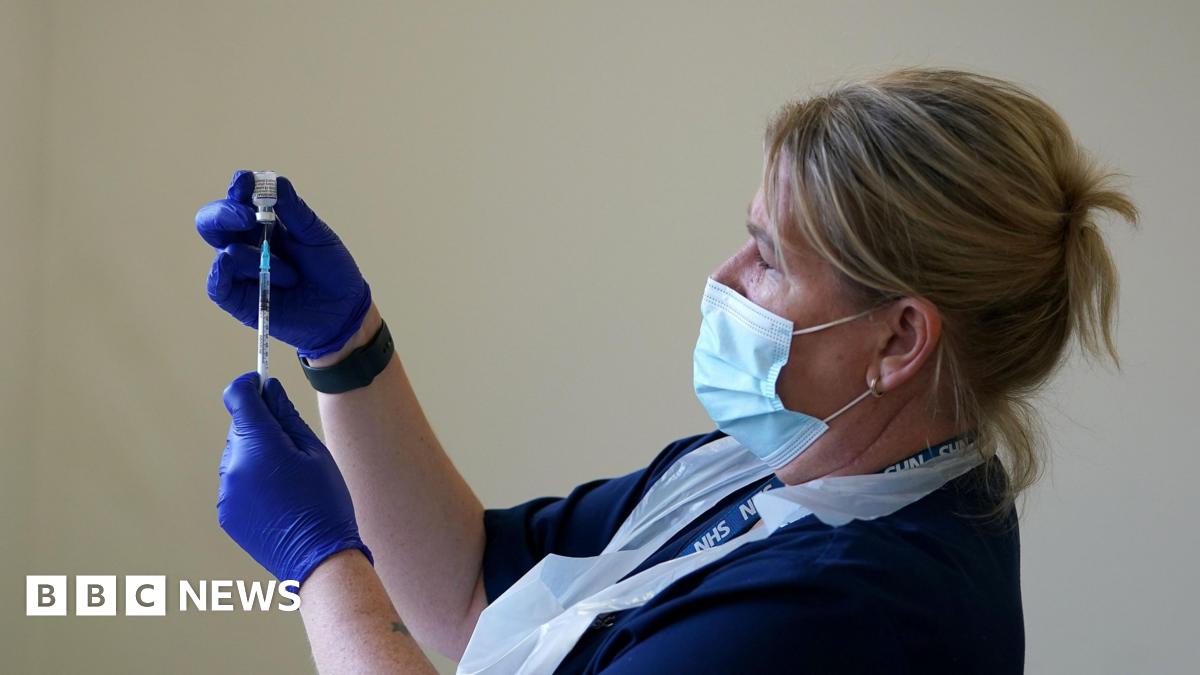Florida Axes Thousands From Healthcare Plan: What Does This Mean for Residents?

Florida's healthcare landscape is undergoing a significant shift as the state removes over a quarter of a million people from its Medicaid managed care program. This decision, announced recently, has sparked a wave of concern and scrutiny, particularly regarding its potential impact on vulnerable populations and the state's overall healthcare system. Let's delve into the details of this development, the reasons behind it, and what it could mean for Floridians.
The Scope of the Cuts
The state's Agency for Health Care Administration (AHCA) has begun dis-enrolling approximately 275,000 individuals from managed care plans. This isn't a reflection of ineligibility, but rather a result of the state proactively reviewing and verifying eligibility following the end of the COVID-19 public health emergency. During the pandemic, federal rules prevented states from disenrolling Medicaid recipients, but those protections have now lapsed.
Why is This Happening?
The primary driver behind these dis-enrollments is the resumption of annual eligibility redeterminations. Prior to the pandemic, Florida, like other states, regularly checked recipients' income and household size to ensure they still qualified for Medicaid. The pause on these checks created a backlog, and now AHCA is working to process these verifications. The agency states that many of the dis-enrollments are occurring because individuals no longer meet the income requirements or have found other sources of health insurance.
Concerns and Potential Impacts
While AHCA maintains that the process is necessary to ensure the integrity of the Medicaid program, concerns are mounting about the potential consequences. Advocates worry that many eligible individuals may be mistakenly disenrolled due to bureaucratic hurdles or a lack of awareness about the redetermination process. This could lead to increased rates of uninsurance, delayed access to care, and potentially poorer health outcomes, especially for low-income families, children, and seniors.
The potential impact on hospitals and healthcare providers is also a concern. With a larger uninsured population, hospitals may see an increase in uncompensated care, which could strain their finances. Furthermore, a lack of preventative care due to lack of insurance can lead to more serious and costly health problems down the line.
What's Being Done?
AHCA is attempting to mitigate the potential negative impacts by sending notices to individuals whose eligibility is being reviewed. However, critics argue that these notices are often confusing or mailed to outdated addresses. Several organizations are working to assist individuals navigate the redetermination process and ensure they retain their coverage if they are eligible. Resources are available through the Department of Children and Families and various community-based organizations.
Looking Ahead
The situation in Florida highlights a broader national trend as states grapple with the end of pandemic-era Medicaid protections. The coming months will be crucial to monitor the number of dis-enrollments, the effectiveness of outreach efforts, and the ultimate impact on the state's healthcare system. It's a complex issue with significant implications for both individuals and the healthcare industry, and ongoing scrutiny and advocacy are essential to ensuring that vulnerable Floridians have access to the care they need. Residents should proactively check their Medicaid status and seek assistance if they have questions or concerns about their coverage.






